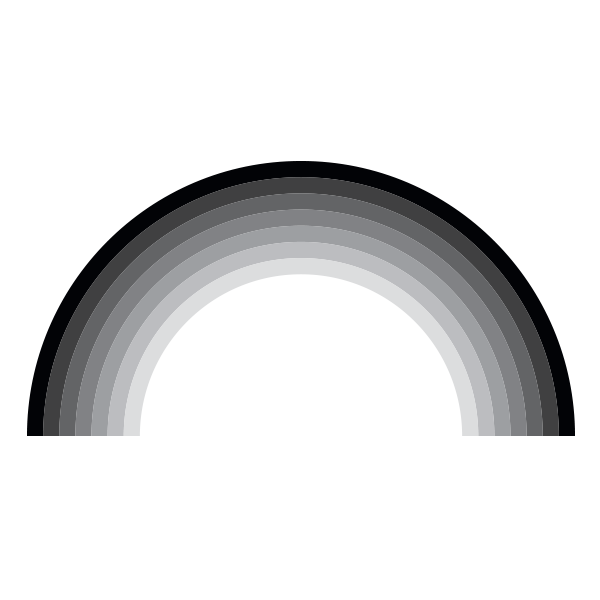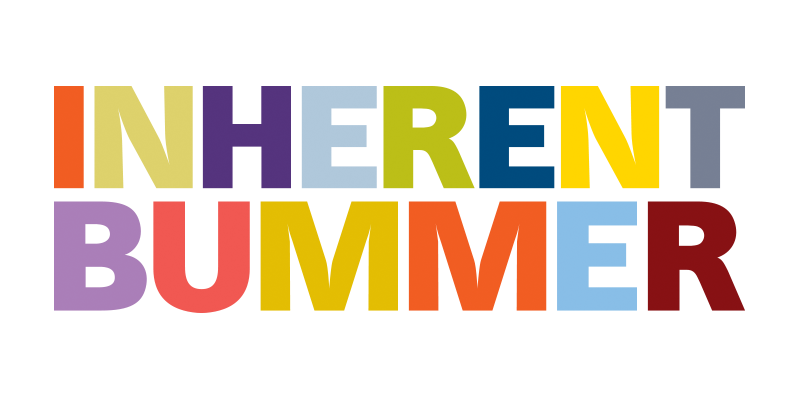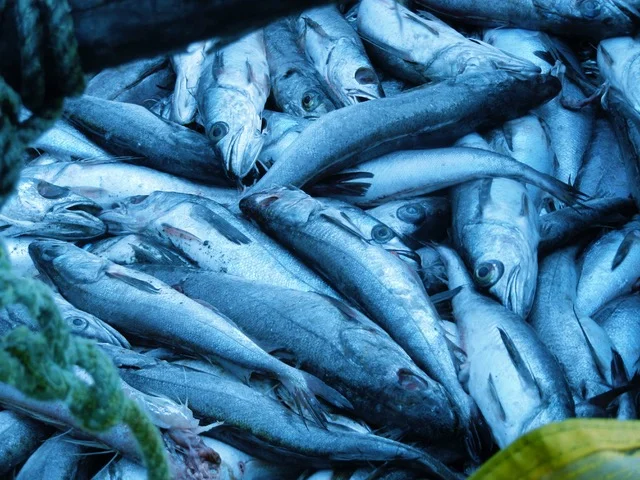After the Internet
The internet isn’t fun anymore; have you noticed? Overnight, it transformed from free and fun to paywalls and self-promotion. Body counts and retweets. Hysteria and self-care. Algorithms and canceling. Ambient scrolling and infinity loops. Do you want out? I want out, before a newer energy-siphoning technology comes along, slurping out my remaining brain juice and peddling it to the highest-bidding, hungry supercomputer.
***
Escaping our NeoFeudal Internet isn’t as easy as the tech canaries on The New York Times best-selling list would have you believe. It’s not as easy as committing to a weekly “digital detox.” It’s not as easy as setting screen time locks and it’s certainly not as easy as deleting your account or removing addictive apps. I would know, I delete and reload Instagram, the last social media platform with which I have an account, every other day—I’m a self-aware, reluctant addict, but an addict nonetheless, so I tap and scroll, passing judgement on strangers and friends alike. Disturbingly, too, I'm energized by all the hate-scrolling. After a twenty minute digital injection, I’m replete with a general contempt for society-at-large, and also disappointed in myself for not filling my morning mind with something inspiring or at least something I’ll remember in another twenty minutes. Trying to ween yourself off of social media while still retaining your iPhone for all its “important” functionalities (email, calls, and messages) is like handing a heroin addict a loaded syringe and asking them to hold off until they really need it, when the shakes start. Theoretically achievable, but practically impossible.
***
This essay began as a treatise on life after Instagram. Because if the shelf lives of social media sites were measured and compared, Instagram’s reign would be considered far past its sell by date. Fallen by the wayside like Myspace, Friendster, and Facebook. Expired. Teeming with toxic mold spores. Medically unadvised. And yet, and yet, we’re still here. I keep coming back, and I suspect you do too. We continue to scroll, to click, and to sleuth, all while attempting to convince ourselves that we are the rare breed of user who is immune to validation lust. As I drafted, I quickly realized that the problem is not Instagram, though it is indeed problematic, but a disintegration of our erstwhile digital frontier, once limitless in its depth and width, now parochial and inaccessible. It’s the internet that is dead or dying—and I’m not convinced that it needs resuscitation.
***
William Gibson predicted this, our modern, sprawling, internet in his 1984 novel, Neuromancer. In fact he even coined a term we all know and use to describe this place: cyberspace (Gibson also reimagined the word ‘matrix’ to describe cyberspace, which was subsequently borrowed by the creators of 1999’s The Matrix).
In Gibson’s words, cyberspace is “a consensual hallucination experienced daily by billions of legitimate operators, in every nation.” It’s also a place where “we have sealed ourselves away behind money, growing inward, generating a seamless universe of self.” At the time, Gibson intended his story to be a warning: don’t allow corporations to colonize this burgeoning electronic wilderness. Don’t pretend that they won’t, he also seemed to implore. But his message was invariably misinterpreted, and even the new class of internet hackers were thrilled by Gibson’s cyberspace. To them, the early digital pioneers, cyberspace symbolized absolute freedom. If the material world couldn’t be liberated from governments and oversight, then an artificial world, a network, would be the next best thing. It’s not until recently that early adopters of the internet have revisited Gibson’s tale and noticed the writing on the wall. The internet lost its innocence at hyper speed and the city sold the park to build a mall. Sure, the developers built a nice little playground next to their 12 story multiplex, but a merry-go-round loses its charm when there’s a whole world to be consumed next door. Social media, the proverbial merry-go-round, spins and spins until we somehow end up checking out on Amazon or deciding maybe it’s time to resubscribe to Netflix. In 2019, the internet exists solely as a place to be bought and sold.
***
I no longer wish to participate in the hallucination. I refuse to be exploited and uninspired; instead, I’ve become the internet’s exploiter. I exclusively roam the last free zones of our privatized cyberspace: Project Gutenberg, Hoopla, the public library’s online borrowing service, and also Kanopy, its moving streaming service. I don’t read the news, but when I do it’s from sources that are nonprofits and therefore not beholden to advertisers. I’ve given up Google, opting instead to use the untracked DuckDuckGo, and when I do browse, I do so with Tor. I’ve become a digital outlaw. What are you?




